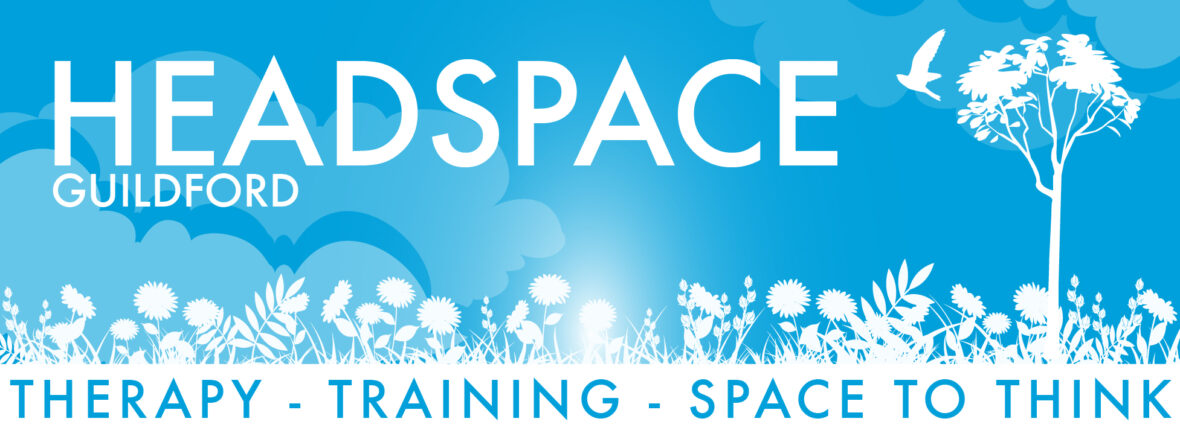I often think of that old adage about people on their deathbed who never say they wished they’d spent more time at work. I love my work. I’m so grateful to have the opportunity to train and work as a Clinical Psychologist. I feel incredibly lucky to do a job which gives me both joy and satisfaction, which allows me to play games with children and young people and be creative and have fun. And I feel humbled and privileged to be able to walk alongside people at some of the most difficult times of their life.
It’s an honour to be sought out to help when people are feeling vulnerable or when they are struggling with something. My job means a great deal to me, and I am very glad I do what I do. Prior to training as a Clinical Psychologist, I worked with children, young people and families but my doctoral training equipped me with a wider set of tools and ideas which are useful in these challenging situations. I am therefore grateful that, having been sought out, I have something to offer which can be helpful.
I very much hope that on my deathbed (assuming I have time to reflect and talk about my life) that I will be able to look back on my work and be proud of what I’ve done and take comfort from the fact that I was able to use my life for good.
So, I wonder if I would wish I’d spent more time at work. I’m certainly aware of the desire to do more, to help more, to see more people. Whenever I’ve been fully booked and had a waiting list I have hated the fact that people who want help immediately are having to wait to see someone.
But, I’m also aware that without attending to the other parts of my life or looking after myself, I would be less good at what I do. Being clear about my priorities, about what comes first is vital. Making time to eat sitting down (rather than standing up or whilst simultaneously firing off emails), to go for a run or to catch up on life admin is also important. So much of life is about balance – being a firm parent but not too firm, revising hard but not so hard you get overly stressed, feeling a bit of pressure but not too much, pushing yourself but not to the point of collapse.
This is just the same.
So often we spend more time at work (or thinking about work), especially in an age where emails come to our phone and we’re never ‘off grid’. So, to keep an eye on what we might say in the future (on the deathbed) about what we are doing in the now is a helpful way to see whether we’ve got the balance right. I hope that on my hypothetical deathbed that I’m proud of the way I lived my life and kind to myself about the mistakes and errors of judgement I’ve made and will inevitably continue to make. But I also hope I might be able to spot some of these before they become catastrophic, and certainly having balance and perspective will be invaluable in the pursuit of this worthy goal.
What will you be saying on your deathbed? What can you do now that might help the future you be proud of the life you led?

One thought on “Deathbed hindsight”